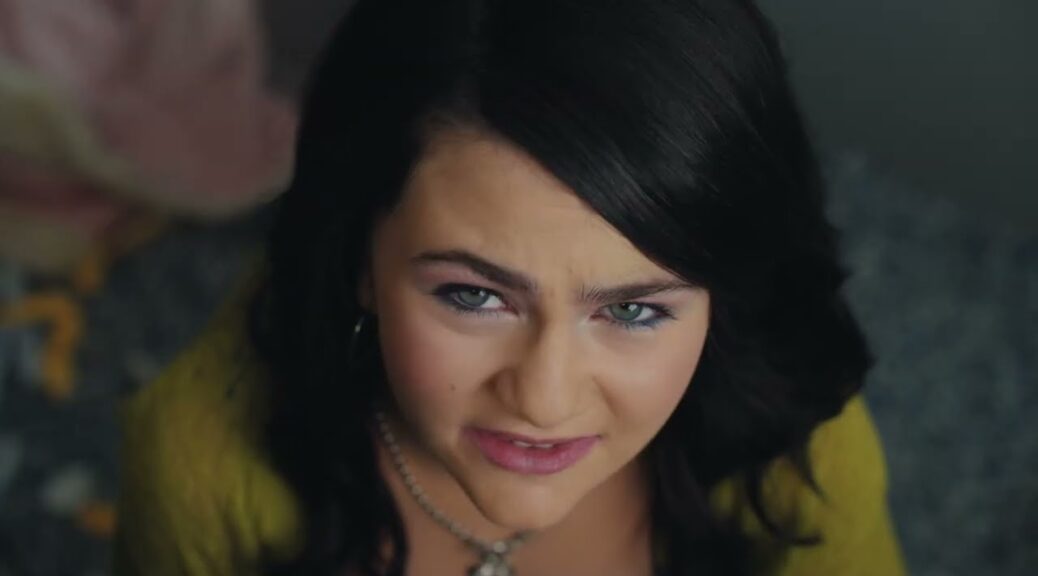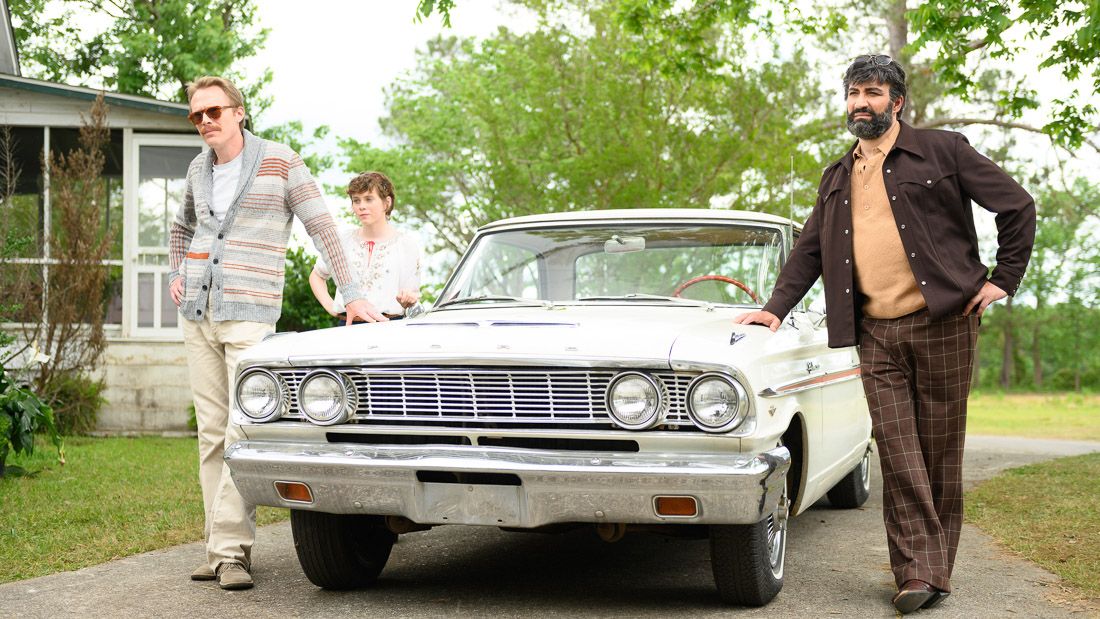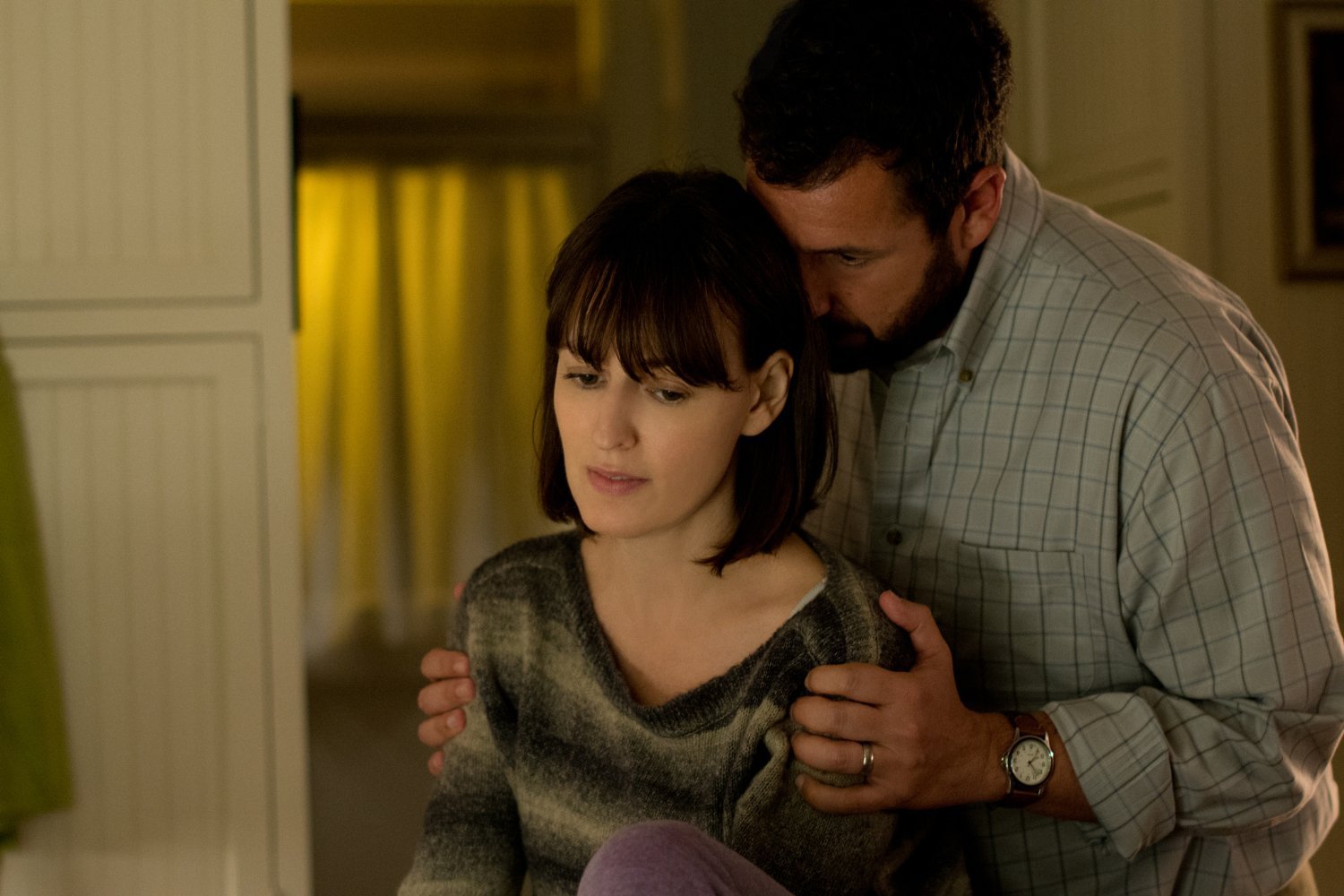Dead of Winter
by Hope Madden
Emma Thompson and Judy Greer go head-to-head in a kidnaping thriller set in a forsaken Northern Minnesota snowstorm? Dude, I am so in!
With Dead of Winter, Brian Kirk relies on nuanced character work, gorgeously isolating cinematography, and the desperation of human nature to keep you guessing. Thompson, who executive produces, is Barb. Barb with that Minnesota “r”. She’s hearty for a mature gal. And despite the weather forecast, she puts on the ol’ snowsuit, warms up the even older pick up, and heads to faraway Lake Hilda to do some ice fishing. And maybe something else.
But she gets a little turned around and hears chopping in the distance, so she goes to ask directions. Nobody else for miles around, what else is she to do? Barb finds a bearded man in camo (Marc Menchaca, excellent), who—very startled by the sight of her—directs her to the lake. But blood on the snow has Barb a little troubled, and soon enough, she sniffs out a kidnapping. Is she hearty enough to save that poor girl in the wood chopper’s basement?
In some ways, Dead of Winter—written by first time screenwriters Nicholas Jacobson-Larson and Dalton Leeb—feels like little more than a welcome update to a well-worn plot. A handful of flashbacks to Barb’s youth, which flesh out the film’s B-story and deepen Barb’s character, are just this side of Hallmark Channel. But Thompson, from her first determined sigh, is so utterly convincing that you’re hooked.
And that’s all before the glorious Greer makes her entrance. It’s hard to justify saying that the most versatile and employable character actor of a generation is playing against type, since Greer has played every imaginable type of character. But the blind desperation behind her unnamed (she and Barb never really get on chummy terms) character’s cruelty is so precisely wielded by this actor that you would believe this film no matter how farfetched it became.
There’s a simplicity to the storytelling that matches Kirk’s determined avoidance of cynicism. Like Barb, this movie marches on, not necessarily seeing the worst in this world even when it wouldn’t be too hard. Hard with that Minnesota “r”. But he never loses track of his chosen genre. Dead of Winter sidesteps cliché, delivers thrills, and finds new ways to showcase two tremendous talents.














